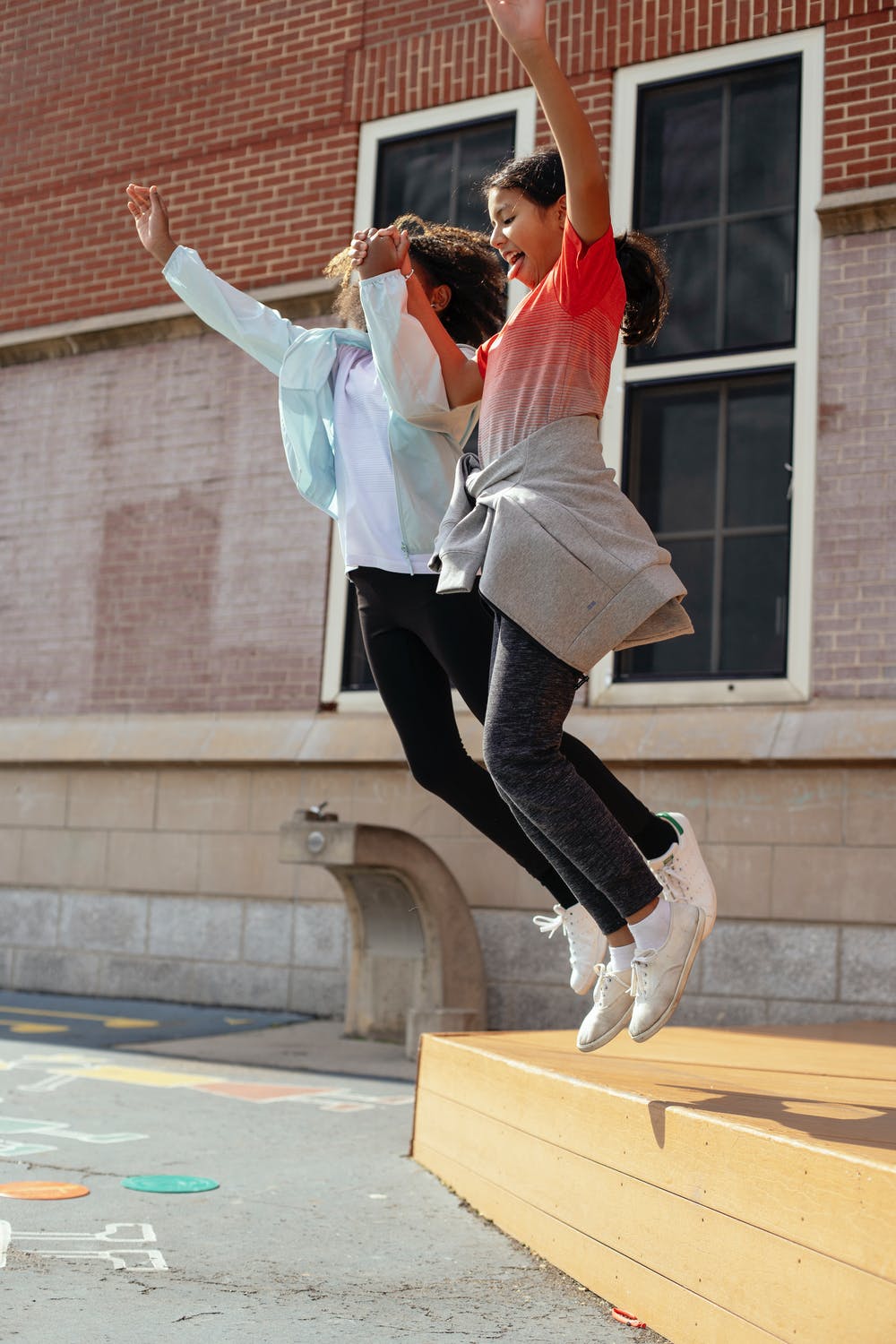How can you help your children be more physically active?
Being physically active has many health benefits no matter what age you are. It’s especially important to help kids develop and grow into healthy adults. In today’s digital world, it can be hard to get your kids to put down the devices and do something active. But with a little effort, we can help them learn healthy habits now and find activities they can love for a lifetime.
Just like in adults, increased physical activity is associated with an increased life expectancy and decreased risk of many diseases and health problems. In other words, a longer and healthier life! There are also some benefits that may appeal to kids’ competitive nature and desire to do their best.
Active kids are more likely to have:
- a healthy weight
- stronger, healthier bones and muscles
- better heart and brain health
- improved brain function, including memory, attention and problem-solving
- better school attendance and academic performance, especially in math, reading and writing
- lower long-term risk of cardiovascular diseases, diabetes and some kinds of cancer
- less stress and fewer symptoms of anxiety and depression
- less inappropriate and distracting classroom behavior
- improved mental health and psychological well-being, including confidence and self-esteem
How do I encourage my child to be active?
Children are naturally active. As they grow into adolescents, they tend to become less active. This is especially true for girls, who may need even more support and encouragement to stay active. Don’t be surprised or disappointed if your kids’ interests shift or they lose interest in activities they used to love. Help them find other activities they can enjoy instead of becoming inactive.
Here are some tips that may help:
- Be a role model for an active lifestyle. Start moving more yourself and find ways to be active together as a family.
- Physical activity should be fun for children and adolescents. Encourage kids to keep trying activities to discover the ones they like and will stick with. Don’t use physical activity as a punishment.
- Reduce or limit sedentary screen time, including watching television, playing video games and using a digital device. Don’t use the TV or a device as a nanny.
- Provide kids with opportunities to be active. Give them active toys and games, like bikes, jump ropes and balls.
- Support their participation in sports, dance and other active recreation like swimming, biking and running.
- Praise, rewards and encouragement help kids to stay active.
All children, even differently-abled ones, need to be physically active. Activity may be particularly helpful for the physical and psychological well-being of children with a disability or weight problem. Support them in being as active as possible. Avoid comparing them to other children or shaming them if they’re not able to do as much. Celebrate their achievements and successes. Above all, keep it safe, and keep it fun.

